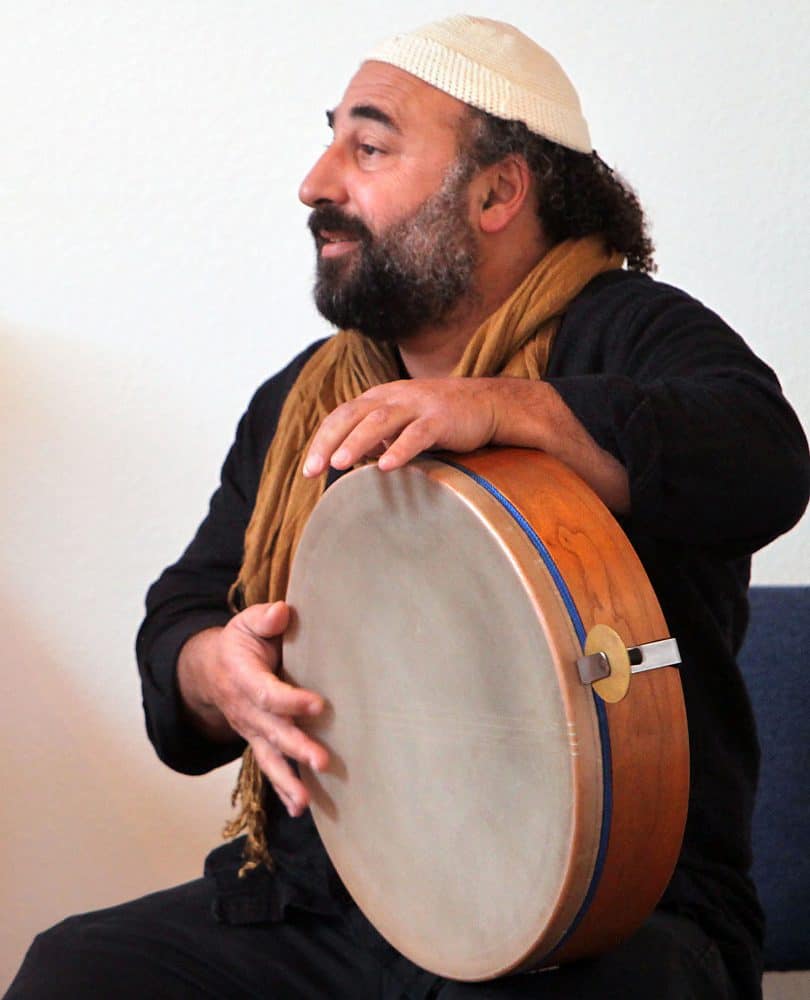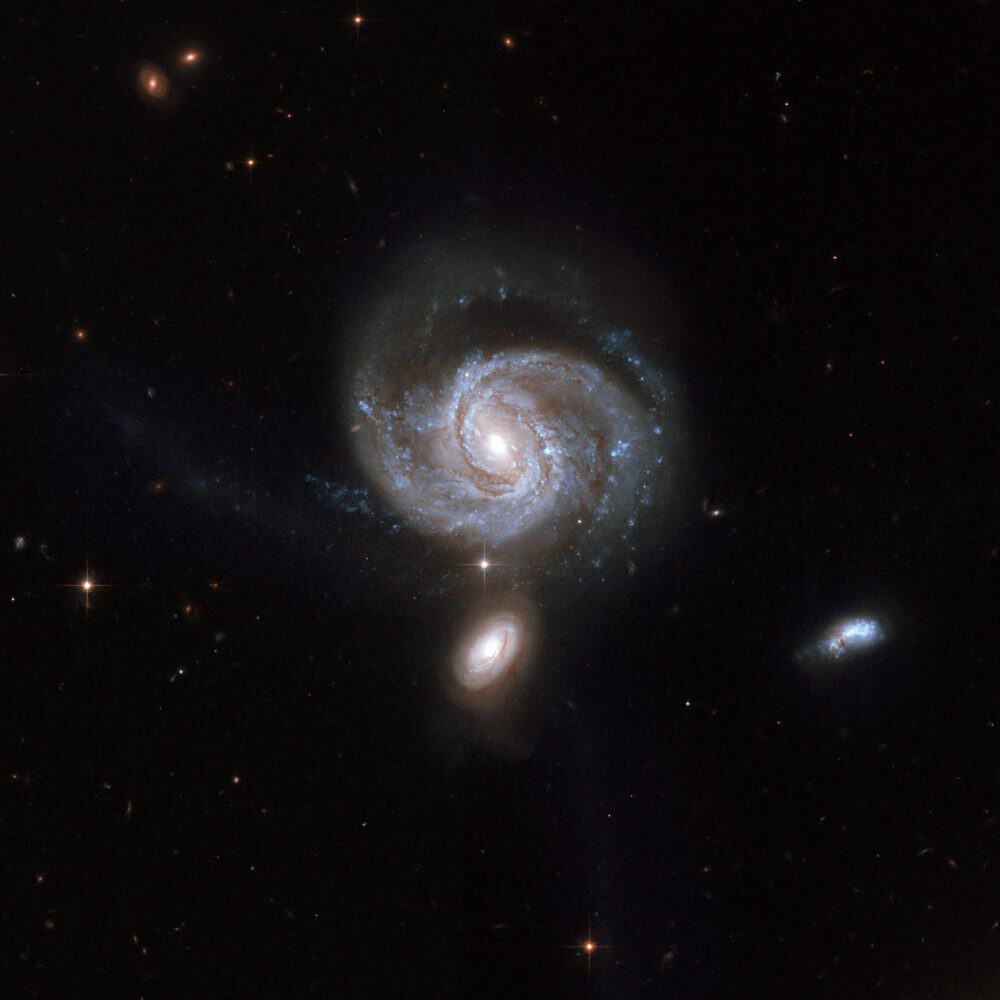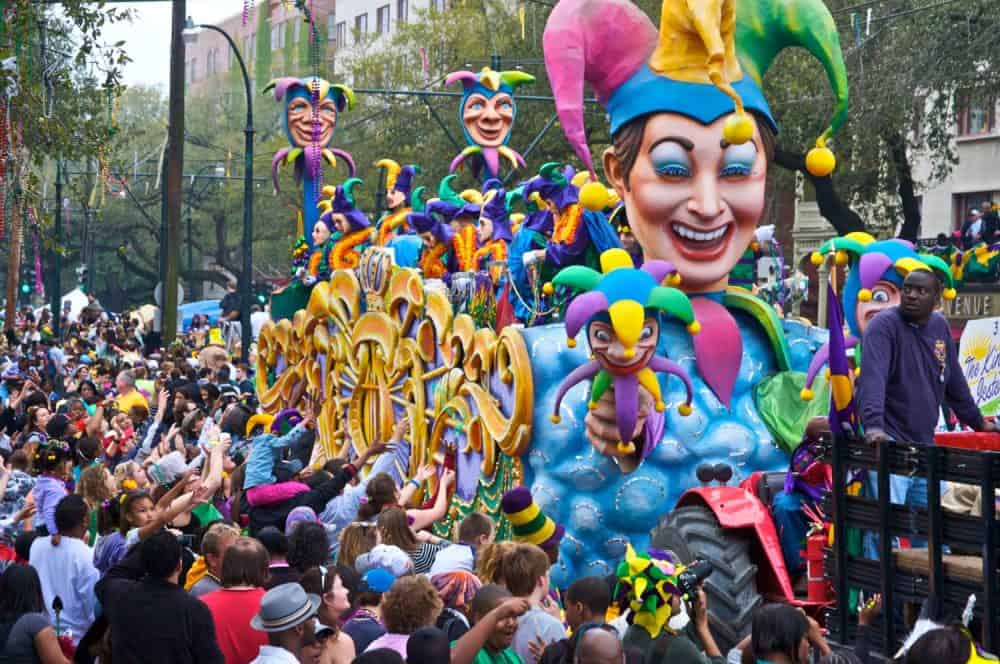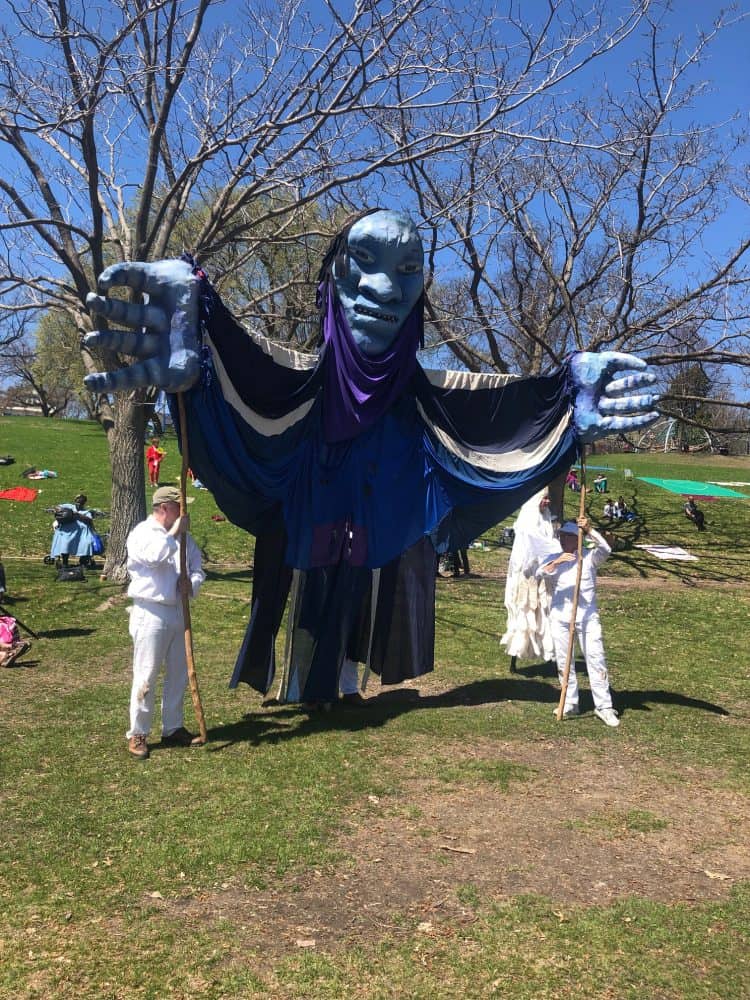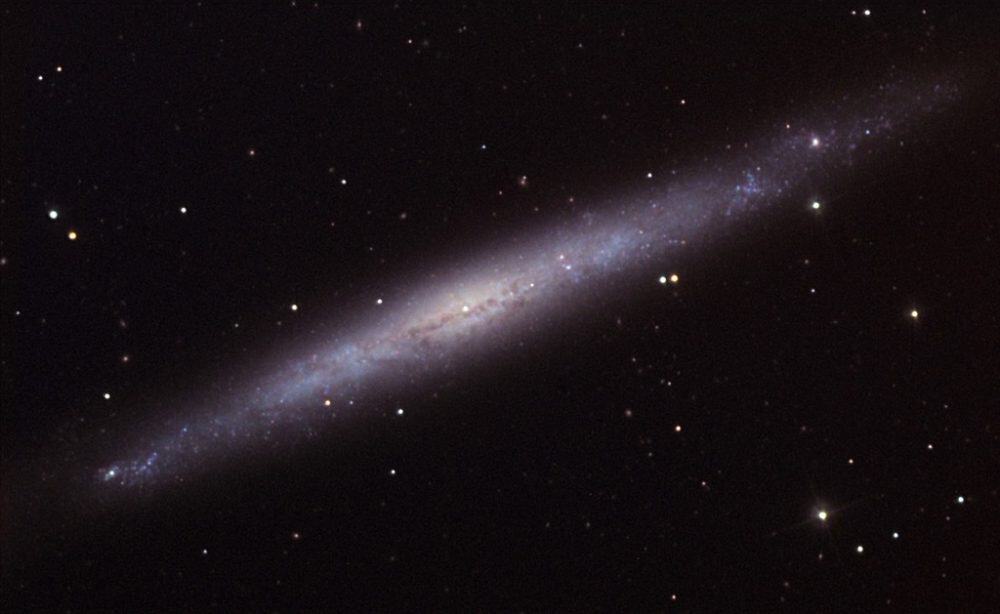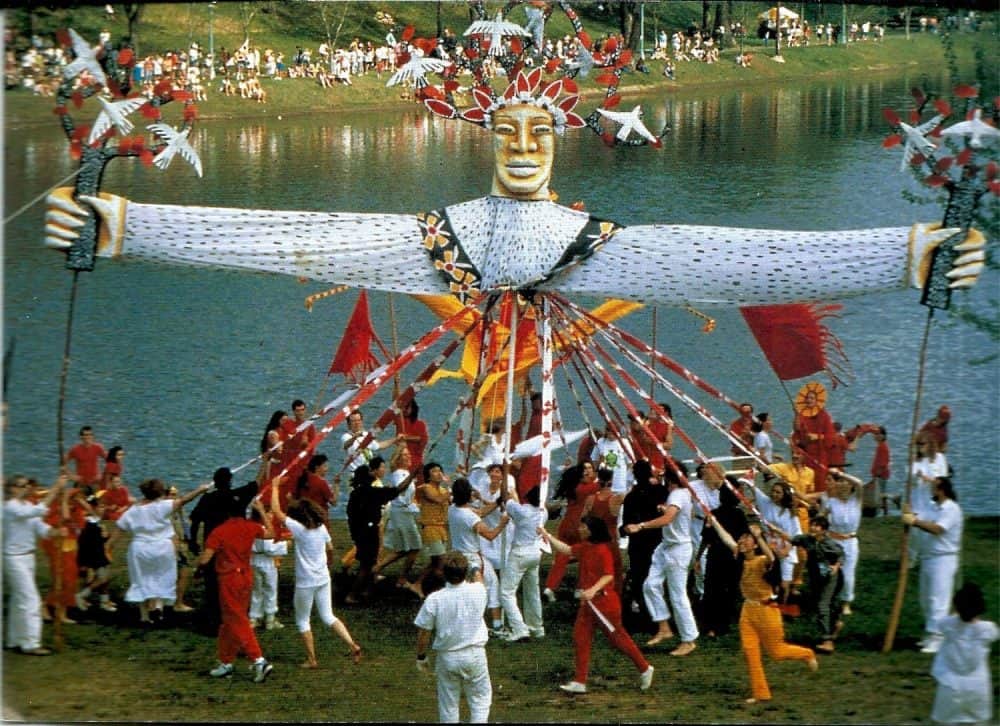Blog
Joe Ford (born May 7, 1947, Buffalo, New York) is an American jazz saxophonist.
Ford studied saxophone under Makanda Ken McIntyre, Jackie McLean, and Frank Foster, and percussion under Joe Chambers. He took his Bachelor’s in music education in 1968 from Central State University, then taught in Buffalo public schools from 1968 to 1972. While working at the Buffalo Public Library in 1974-75, Ford played in the Birthright ensemble, then played with McCoy Tyner in 1976. Since the early 1980s he has worked extensively as a sideman, playing with Sam Jones, Lester Bowie, Jimmy Owens, Idris Muhammad, Abdullah Ibrahim, Chico O’Farrill, Saheb Sarbib (1984), Avery Sharpe (1988), Jerry Gonzalez (from 1988), Larry Willis (1989), Michael Logan (1990), Malachi Thompson (1991), John Blake (1992), Ronnie Burrage (1993), Hannibal Marvin Peterson (1993), Freddie Cole (1993), Steve Berrios (1995), and Nova Bossa Nova (1997).
In the late 1990s he led two ensembles, the Black Art Sax Quartet and a big band called The Thing. He has released one album as a leader, 1993’s Today’s Night on Blue Moon Records. It features Charles Fambrough, Kenny Kirklandand Jeff “Tain” Watts.
more...Admiral Amos Easton (May 7, 1905 – June 8, 1968), better known by the stage name Bumble Bee Slim, was an American Piedmont blues singer and guitarist.
Easton was born in Brunswick, Georgia. Around 1920 he joined the Ringling Brothers circus. He then returned to Georgia and was briefly married before heading north on a freight train to Indianapolis, where he settled in 1928. There he met and was influenced by the pianist Leroy Carr and the guitarist Scrapper Blackwell.
By 1931 he had moved to Chicago, where he made his first recordings, as Bumble Bee Slim, for Paramount Records. The following year his song “B&O Blues” was a hit for Vocalion Records, inspiring a number of other railroad blues and eventually becoming a popular folk song. In the next five years he recorded over 150 songs for Decca Records, Bluebird Records and Vocalion, often accompanied by other musicians, including Big Bill Broonzy, Peetie Wheatstraw, Tampa Red, Memphis Minnie, and Washboard Sam.
In 1937, he returned to Georgia. He relocated to Los Angeles, California, in the early 1940s, apparently hoping to break into motion pictures as a songwriter and comedian. During the 1950s he recorded several albums, but they had little impact.[2] His last album was released by in 1962 by Pacific Jazz Records.
He continued to perform in clubs around Los Angeles until his death in 1968.
https://www.youtube.com/watch?v=0_VrvODcPiQ
more...Pyotr Ilyich Tchaikovsky (English: /tʃaɪˈkɒfski/ chy-KOF-skee; Russian: Пётр Ильич Чайковский, tr. Pyótr Ilʹyích Chaykóvskiy, IPA: [pʲɵtr ɪlʲˈjitɕ tɕɪjˈkofskʲɪj] ; 7 May 1840 [O.S. 25 April] – 6 November [O.S. 25 October] 1893), was a Russian composer of the romantic period, whose works are among the most popular music in the classical repertoire. He was the first Russian composer whose music made a lasting impression internationally, bolstered by his appearances as a guest conductor in Europe and the United States. He was honored in 1884 by Emperor Alexander III, and awarded a lifetime pension.
Although musically precocious, Tchaikovsky was educated for a career as a civil servant. There was scant opportunity for a musical career in Russia at that time and no system of public music education. When an opportunity for such an education arose, he entered the nascent Saint Petersburg Conservatory, from which he graduated in 1865. The formal Western-oriented teaching he received there set him apart from composers of the contemporary nationalist movement embodied by the Russian composers of The Five, with whom his professional relationship was mixed. Tchaikovsky’s training set him on a path to reconcile what he had learned with the native musical practices to which he had been exposed from childhood. From this reconciliation he forged a personal but unmistakably Russian style—a task that did not prove easy. The principles that governed melody, harmony and other fundamentals of Russian music ran completely counter to those that governed Western European music; this seemed to defeat the potential for using Russian music in large-scale Western composition or for forming a composite style, and it caused personal antipathies that dented Tchaikovsky’s self-confidence. Russian culture exhibited a split personality, with its native and adopted elements having drifted apart increasingly since the time of Peter the Great. This resulted in uncertainty among the intelligentsia about the country’s national identity—an ambiguity mirrored in Tchaikovsky’s career.
Despite his many popular successes, Tchaikovsky’s life was punctuated by personal crises and depression. Contributory factors included his early separation from his mother for boarding schoolfollowed by his mother’s early death, the death of his close friend and colleague Nikolai Rubinstein, and the collapse of the one enduring relationship of his adult life, which was his 13-year association with the wealthy widow Nadezhda von Meck who was his patron even though they never actually met each other. His homosexuality, which he kept private, has traditionally also been considered a major factor, though some musicologists now downplay its importance. Tchaikovsky’s sudden death at the age of 53 is generally ascribed to cholera; there is an ongoing debate as to whether cholera was indeed the cause of death, and whether his death was accidental or self-inflicted.
While his music has remained popular among audiences, critical opinions were initially mixed. Some Russians did not feel it was sufficiently representative of native musical values and expressed suspicion that Europeans accepted the music for its Western elements. In an apparent reinforcement of the latter claim, some Europeans lauded Tchaikovsky for offering music more substantive than base exoticism and said he transcended stereotypes of Russian classical music. Others dismissed Tchaikovsky’s music as “lacking in elevated thought,” according to longtime New York Times music critic Harold C. Schonberg, and derided its formal workings as deficient because they did not stringently follow Western principles.
more...Dumbeck Workshop this evening 5-6-19
with Dror Sinai.
Dror comes from a Yemenite, Syrian, Turkish and Jewish background. Bringing his incredible traditions of singing and drumming to a workshop setting.
We need more students to make this happen.
Call or text me 612-490-1942
7pm location to be announced.
Trying to keep admission down.
NGC 7674 (seen just above the center), also known as Markarian 533, is the brightest and largest member of the so-called Hickson 96 compact group of galaxies, consisting of four galaxies. This stunning Hubble image shows a spiral galaxy nearly face-on. The central bar-shaped structure is made up of stars. The shape of NGC 7674, including the long narrow streamers seen to the left of and below the galaxy can be accounted for by tidal interactions with its companions. NGC 7674 has a powerful active nucleus of the kind known as a type 2 Seyfert that is perhaps fed by gas drawn into the center through the interactions with the companions. NGC 7674 falls into the family of luminous infrared galaxies and is featured in Arp’s Atlas of Peculiar Galaxies as number 182. It is located in the constellation of Pegasus, the Winged Horse, about 400 million light-years away from Earth.
more...María Dolores González Flores (Madrid, 6 May 1958) better known as Lolita, is a Spanish actress and singer. She is the daughter of Lola Flores and Antonio González, sister of Antonio Flores and Rosario Flores. She was married to Guillermo Furiase and they had two children Elena and Guillermo.
Flores started her career in the early 1970s and with the release of the album Amor, amor (and a single of the same name) in 1975 she achieved success in her native Spain as well as in countries in Latin-America. Her songs “Sarandonga”, “Lo voy a dividir”, and “Si la vida son dos días” among others, have become staples in Spanish radio.
In 2002, she won a Goya Award for Best New Actress for her performance in the movie Rencor. Flores has also appeared in several television programs such as Directísimo and Hostal Royal Manzanares. On 18 February 2019 she received the Medalla de Oro al Mérito en las Bellas Artes.
She is of Gitano descent on her father’s side and identifies as Gitana.
more...David Friesen (born May 6, 1942) is an American jazz bassist born in Tacoma, Washington. He plays double bass and electric upright bass.
Friesen was an autodidact on bass, having picked it up while serving in the U.S. Army in Germany. He played with John Handy and Marian McPartland and following this, with Joe Henderson; in 1975, he toured in Europe with Billy Harper. His first album as a session leader appeared that year. In 1976, he began collaborating with guitarist John Stowell; the pair would work together often. He appeared with Ted Curson at the Monterey Jazz Festival in 1977. Following this, he worked with Ricky Ford, Duke Jordan, Mal Waldron, and Paul Horn. His 1989 album Other Times, Other Places reached No. 11 on the U.S. Billboard Top Jazz Albums chart. He has also played with Chick Corea, Michael Brecker, Stan Getz, Dexter Gordon, Kenny Garrett, Dizzy Gillespie, and Mal Waldron.
more...The reggae, ska, rock steady group POSITIVE VIBRATIONS will be performing at the Ceremony Site for this years Mayday Festival in Powderhorn Park at 6pm
more...The New Orleans sensation the BEAU KOO JACKS will be performing at the Ceremony Site in Powderhorn Park for this years Mayday Festival.
more...mick will be conjuring up pure madness marching in the Parade with the Community Band starting at noon 25th and Bloomington So. Followed by the Ceremony Cue Director of the pageant performance of Beloved Community what I call the Wounded Ones with a full horn orchestra and rhythm section. Finally my New Orleans group BEAU KOO JACKS and POSITIVE VIBRATIONS performing on the grass of the Ceremony Site.
And the festivals director Sandy Spieler will be stepping down as director of Mayday and In the Heart of the Beast Puppet and Mask Theater.
more...
This magnitude 10.4 spiral measures a worthy 17′ by 2.2′. Its disk appears almost edge-on, tilting only 5° to our line of sight. Through the eyepiece, this galaxy’s core appears only slightly brighter than the rest. What sets the Silver Needle Galaxy apart, however, is its length-to-width ratio. View this object through a 4-inch scope, and you’ll understand why its name contains the word “needle.”
NGC 4244, also Caldwell 26, is an edge-on loose Spiral galaxy and Caldwell object in the constellation Canes Venatici. It is part of the M94 Group (the Canes Venatici I Group), a galaxy group relatively close to the Local Group containing the Milky Way. It shines at magnitude +10.2/+10.6. Its celestial cooridinates are RA 12h 17.5m, dec +37° 49′. It is located near a naked-eye G-class star Beta Canum Venaticorum, barred spiral galaxy NGC 4151, and irregular galaxy NGC 4214. The galaxy lies approximately 6.5 million/14 million light years away, with a redshift of +243/493 km/s. A nuclear star cluster and halo is located at the centre of this galaxy
more...
Adele Laurie Blue Adkins MBE (/əˈdɛl/; born 5 May 1988) is an English singer-songwriter. After graduating from the BRIT School in 2006, Adele signed a recording contract with XL Recordings. In 2007, she received the Brit Awards Critics’ Choice award and won the BBC Sound of 2008 poll. Her debut album, 19, was released in 2008 to commercial and critical success. It is certified eight times platinum in the UK, and three times platinum in the US. The album contains her first song, “Hometown Glory“, written when she was 16, which is based on her home suburb of West Norwood in London. An appearance she made on Saturday Night Live in late 2008, boosted her career in the US. At the 51st Grammy Awards in 2009, Adele received the awards for Best New Artist and Best Female Pop Vocal Performance.
Adele released her second studio album, 21, in 2011. The album was critically well received and surpassed the success of her debut, earning numerous awards in 2012, among them a record-tying six Grammy Awards, including Album of the Year; two Brit Awards, including British Album of the Year; and three American Music Awards, including Favorite Pop/Rock Album. The album has been certified 17 times platinum in the UK, and is overall the fourth best-selling album in the nation. In the US, it has held the top position longer than any album since 1985, and is certified diamond. The best-selling album worldwide of 2011 and 2012, 21 has sold over 31 million copies. The success of 21 earned Adele numerous mentions in the Guinness Book of World Records. She was the first female artist to simultaneously have two albums in the top five of the Billboard 200 and two singles in the top five of the Billboard Hot 100, as well as the first woman in the history of the Billboard Hot 100 to have three simultaneous top 10 singles as a lead artist, with “Rolling in the Deep“, “Someone Like You“, and “Set Fire to the Rain“, all of which also topped the chart. 21 is the longest-running number one album by a female solo artist in the history of the UK and US Album Charts.
In 2012, Adele released “Skyfall“, which she co-wrote and recorded for the James Bond film of the same name. The song won an Academy Award, a Grammy Award, and a Golden Globe for Best Original Song, as well as the Brit Award for British Single of the Year. After taking a three-year break, Adele released her third studio album, 25, in 2015. It became the year’s best-selling album and broke first-week sales records in the UK and US. 25 was her second album to be certified diamond in the US and earned her five Grammy Awards, including Album of the Year, and four Brit Awards, including British Album of the Year. The lead single, “Hello“, became the first song in the US to sell over one million digital copies within a week of its release. Her third concert tour, Adele Live 2016, visited Europe, North America and Oceania, and concluded with finale concerts at Wembley Stadium in late June 2017.[4]
In 2011, 2012, and 2016, Adele was named Artist of the Year by Billboard. At the 2012 and 2016 Ivor Novello Awards, Adele was named Songwriter of the Year by the British Academy of Songwriters, Composers, and Authors. In 2012, she was listed at number five on VH1‘s 100 Greatest Women in Music. Time magazine named her one of the most influential people in the world in 2012 and 2016. Her 2016–2017 tour, saw her break attendance records in a number of countries, including the UK, Australia, and the US. With sales of more than 100 million records, Adele is one of the world’s best-selling music artists.
https://www.youtube.com/watch?v=9OJnW2LbUw4
more...Faegheh Atashin (Persian: فائقه آتشین, born 5 May 1950), better known by her stage name Googoosh (Persian: گوگوش) is an Iranian singer and actress, and one of Iran’s most popular and enduring entertainers, whose career spans over 60 years. Googoosh was not only a popular singer since the beginning of her career, but by time she became a cultural icon, inside Iran and abroad. Today, Googoosh continues to appeal to a new generation of fans.
She is known for her contributions to Iranian pop music, but also starred in a variety of Persian movies from the 1950s to the 1970s. She achieved the pinnacle of her fame and success towards the end of the 1970s. In 1970s, Googoosh was widely emulated by Iranian women, as they copied her clothing (miniskirts) and her short haircut (known as the “Googooshy”).Following the Iranian Revolution in 1979, she is famously known for remaining in Tehran until 2000 and not performing again due to the ban on female singers. Still, her following grew. Younger Iranian people have rediscovered her music via bootleg recordings. After leaving Iran in 2000, she performed a total of 27 concerts in European and North American countries in that year. Recent projects include a new collaboration with singer/songwriter Hassan Shamaizadeh from her 2012 album Ejaz, as well as serving as head judge and head of academy for the popular reality show Googoosh Music Academy which is broadcast on London based satellite channel Manoto 1.
Since her return to the stage in the summer of 2000, she has performed concerts all around the world, including some of the biggest and most prestigious venues in the world like Madison Square Garden in New York, Air Canada Centre in Toronto, The Royal Albert Hall in London. She has recorded songs in multiple languages such as Persian, Azerbaijani, Turkish, English, Spanish, Italian, Arabic, Armenian and French. Outside of Iran, she has a significant following in many other Middle Eastern as well as Central Asian countries, and has even caught the attention of European and African media and press. Her overall impact and contributions to Iranian pop music, made her the most iconic female pop singer in the Persian speaking world.
https://www.youtube.com/watch?v=VYTgfcVwXKg
more...Stanley Cowell (born May 5, 1941) is an American jazz pianist and co-founder of the Strata-East Records label. Cowell was born in Toledo, Ohio. He began playing the piano at around the age of four, “and first became interested in jazz after gaining exposure to the music of pianist Art Tatum, a family friend”. “After high school, he attended both the Oberlin College Conservatory and the University of Michigan, during which time he also gained valuable experience playing with Rahsaan Roland Kirk“.[1] He moved to New York in the mid-1960s.
Cowell played with Marion Brown, Max Roach, Bobby Hutcherson, Clifford Jordan, Harold Land, Sonny Rollins and Stan Getz. Cowell played with trumpeter Charles Moore and others in the Detroit Artist’s Workshop Jazz Ensemble in 1965–66. During the late 1980s Cowell was part of a regular quartet led by J.J. Johnson. Cowell taught in the Music Department of the Mason Gross School of the Arts at Rutgers, the State University of New Jersey.
more...More Posts
- Daily Roots Max Romeo
- Rhythm Roots Workshop Residency @ Saint Therese Senior Living of Woodbury with “TRY TO BE TRUE”
- Cosmos Happy Solar Eclipse Day 2024
- Santiago Jiménez Jr.
- Paul Jeffrey
- Carmen McRae
- World Drumming Babatunde Olatunji
- Daily Roots Max Romeo
- Cosmos NGC 514
- Freddie Hubbard
- Ravi Shankar
- Mongo Santamaría
- Billie Holiday
- World Music Mulatu Astatke
- Daily Roots Marcia Griffiths
- KARIBUNI Roseville Lutheran Church
- Cosmos M51
- Beverly Watkins
- John Pizzarelli
- Randy Weston
